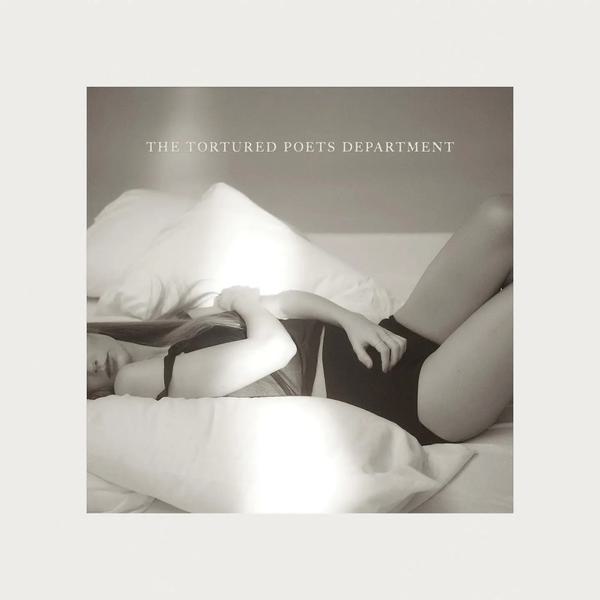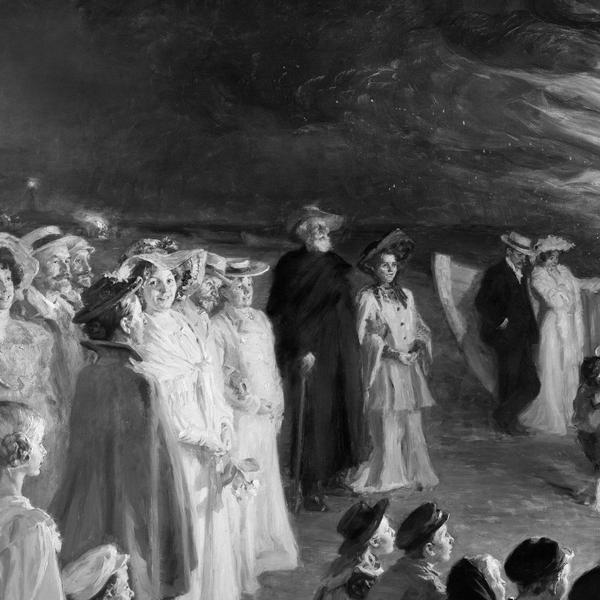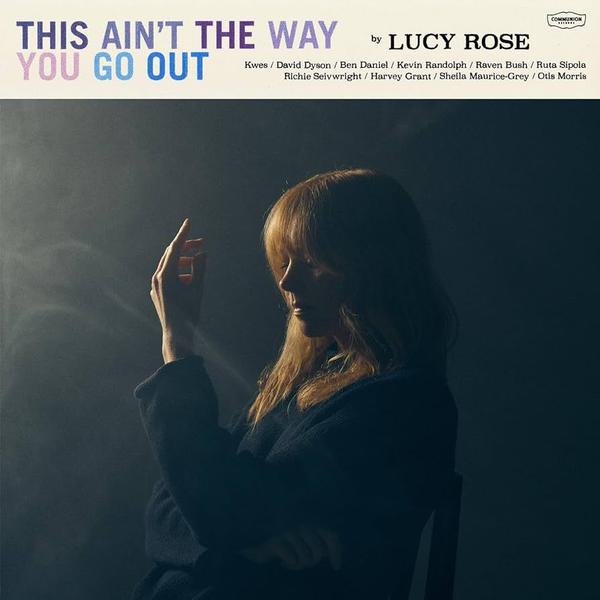"Les Revenants Soundtrack"

So strongly can Mogwai’s best music conjure images, colours, scenes and movement in the mind of the listener that it’s no surprise they’ve done their share of movie soundtrack work. But whereas their previous dalliances in the field were to provide sonic accompaniment to a film about a footballer (Zidane: A 21st Century Portrait) and a romantic drama starring Rachel Weisz (The Fountain), Les Revenants marks the first time where the subject matter of the on screen material seems, from a cursory glance at the plot summary, quite so perfectly suited to the eeriness and restrained terror for which Mogwai remain renowned.
Les Revenants (or They Came Back, as it’s being called in English) is a French television drama in which a number of people presumed dead all of a sudden reappear in their remote mountain village, not able to recall what’s happened to them, and not having aged since their deaths. There’s also a serial killer on the loose, as if the town didn’t have enough to deal with. Not wanting to be heavy handed with a series that’s been widely praised for its subtlety and sinister edge, Mogwai decided not to indulge their usual penchant for cacophony for its soundtrack, making this to my knowledge the quietest record they’ve made to date. Yet whilst the volume dials might have been turned far to the left, the ones reading “unerring sense of dread” and “quite terrible sadness” bounce back and forth between 8 and 10 throughout.
Maybe to aid the resistance of the temptation to slip in to all out rock mode, Les Revenants Soundtrack also uses the piano as its central instrument, favoured over Mogwai’s signature guitar battles. You probably won’t even notice a guitar for the first few tracks; opener ‘Hungry Face’ is an almost music box-like ditty that’s presumably the show’s theme– ‘cos if it ain’t, it’s the kind of gently infectious but still wholly downtrodden little tune that really should be – and ‘Jaguar’ continues in a similar vein, with its heartbeat of a rhythm doing that classic trick of ominously thud-thudding at speed behind the slow, drawn out piano chords. These short, repetitive tracks really suit Mogwai – not only won’t you notice any guitars on them, but you’ll also not notice them missing.
What it’s not is an album blessed with lots of dynamic shifts or variation in tone, but given that it’s a soundtrack work – whose job is to match a mood more than it is to vary it – that can be forgiven; this is an exercise in controlling sound rather than songwriting. Anyway, they seem to be enjoying operating in this space. Moments like ‘This Messiah Needs Watching’ prove that Mogwai do restraint just as well as they do noise; it contains the album’s first moment of grit or distortion, courtesy of a fuzzed out bass guitar that grins at you menacingly right off the bat, but even still, it’s kept at arm’s length, with the synthesisers left to really carry the piece. Even the percussion seems scared to make itself heard – you’re quarter of an hour in to the album before ‘This Messiah…’ finally grants you your first hit of a snare drum.
Elsewhere, ‘Special N’ is one of those really melodic, curiously twinkling Mogwai songs that could, in the wrong hands, all go a bit U2 – it’s definitely got more of a lighters in the air, big ballad feel than perhaps is necessary, but probably works very well accompanying footage of a crying adolescent (one can only presume there’s a bit of this in the show). And whilst there are a few numbers that only the most ardent of Mogwai fans will be able to hear and instantly tell you the title of (I’ve spent a lot of time with this record, and I’ve no idea what ‘Eagle Tax’ sounds like), there’s also ‘What Are They Doing In Heaven?’, which is like nothing they’ve ever done before. A country and western number – really – that sounds like a discarded cut from Neil Young’s After the Gold Rush sessions, its multi-part harmony vocals ponder the to-do lists of those in the afterlife (“peace abounds like a river, they say, but what are they doing there?”) and in doing so create a hugely surprising, impressive Mogwai tune, but also the only one of their numbers Mumford & Sons could convincingly cover. The decision to close with the comparative grit of ‘Wizard Motor’ straight afterwards is perhaps there as a reminder that, yes, this was actually a Mogwai record after all.
That’s right, a Mogwai record – though it does its best to be the least stereotypical version of themselves they’ve lain to tape so far. And though it’s clearly crafted with a visual accompaniment in mind, it does just about work as its own album; albeit one of their strangest, and most inventive. Les Revenants Soundtrack is the sound of a band you thought you knew really well playing to strengths they don’t display enough, and one or two you never knew they had.
Get the Best Fit take on the week in music direct to your inbox every Friday

Taylor Swift
The Tortured Poets Department

Chanel Beads
Your Day Will Come

Lucy Rose
This Ain't The Way You Go Out





